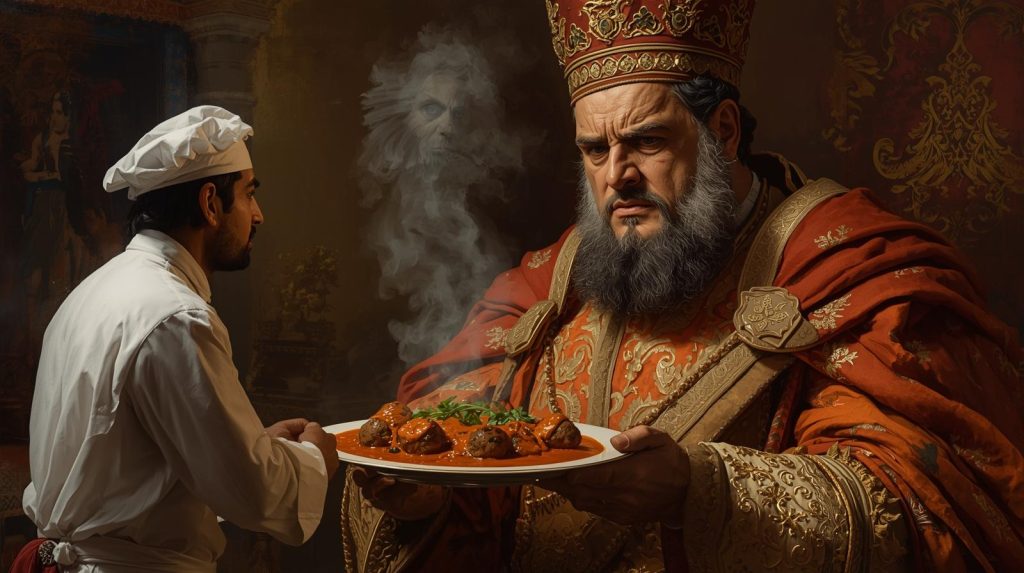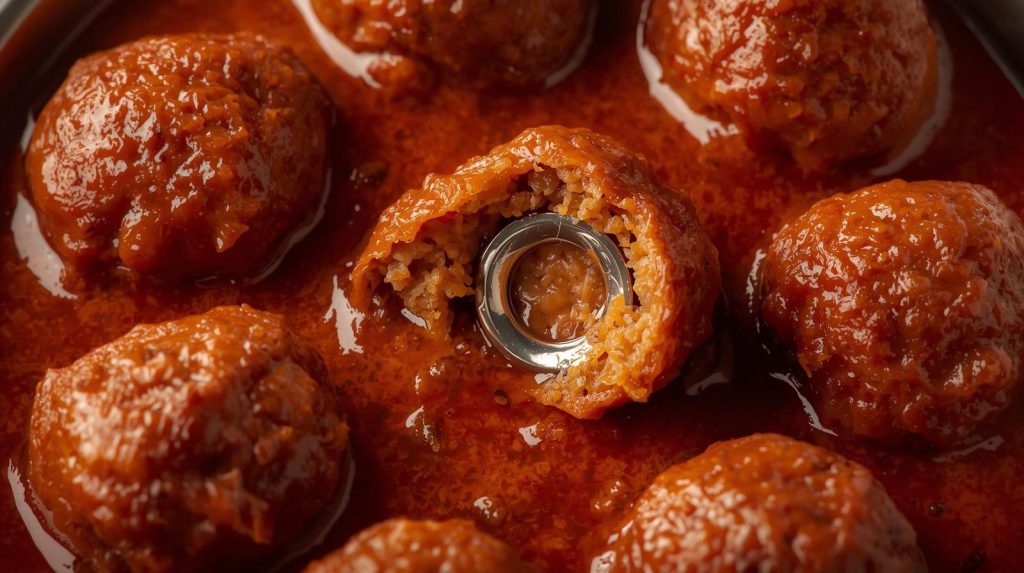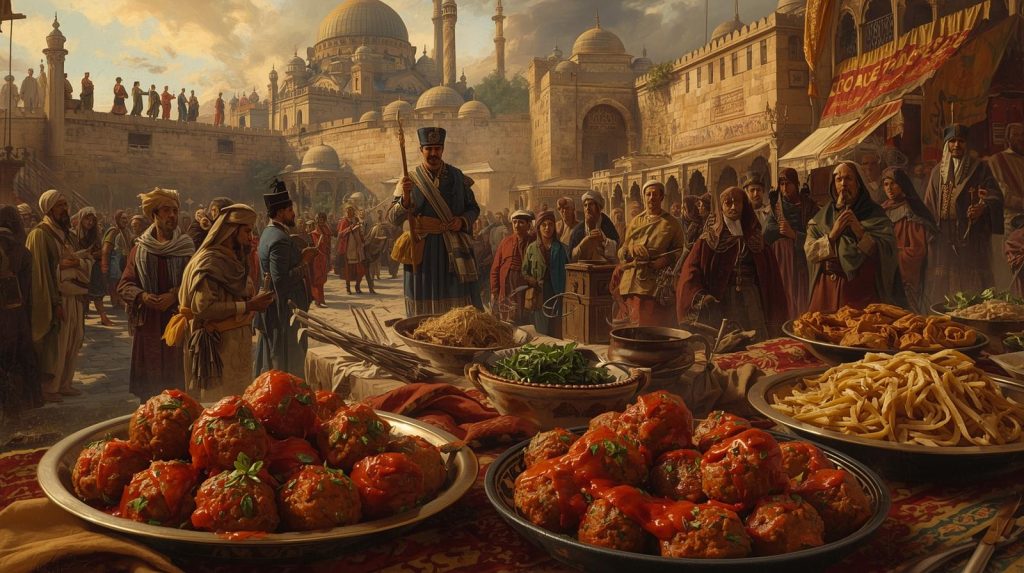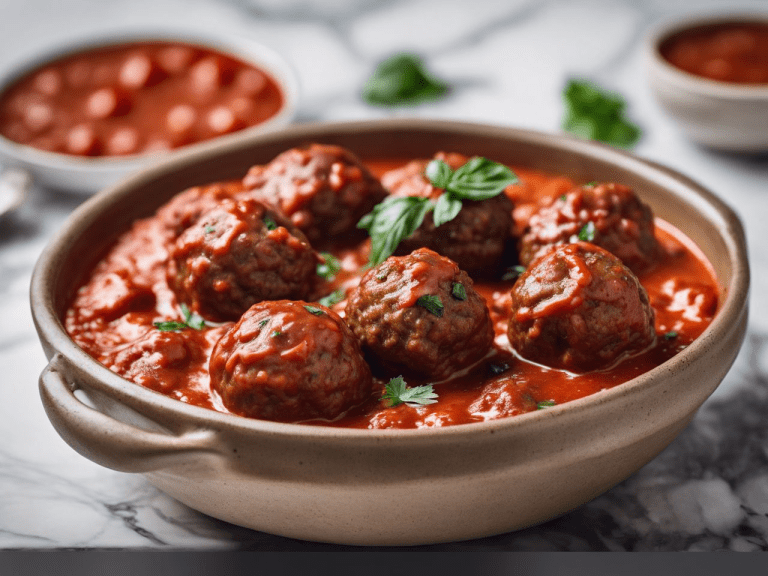Bite into Kofta Dawoud Pasha and you taste more than just spiced meat—you taste history, legend, and a touch of mystery. This dish, beloved in Egypt for generations, carries with it stories that have been told and retold, each one adding a new layer of drama.
Some say it was born of obsession, others of mistake, and still others speak of silver rings hidden within. Are they all true? Perhaps not—but together they make this dish unforgettable.
Who Was Dawoud Pasha?
Dawoud Pasha was an Ottoman ruler whose name became immortalized in Egyptian kitchens not through battles or politics, but through a dish he loved. A man of power and authority, yet his legacy in popular memory is tied to the round balls of meat he demanded so often—his beloved kofta.

The Birth of a Favorite Dish
The kofta itself is simple: seasoned meat rolled into balls, fried golden and simmered in rich tomato sauce until tender enough to melt in your mouth. But behind its simplicity lies a legend of obsession. Dawoud Pasha adored kofta so much that he insisted his chefs prepare it daily. It was said he never tired of it, as if this dish alone could satisfy the cravings of a ruler.

The Chef’s Mistake
One tale tells of the day disaster struck. A chef, perhaps in haste or error, slipped in the wrong ingredients. The kofta did not taste as it should. Dawoud Pasha, passionate and fiery in his love for the dish, could not forgive such a crime against flavor.
The chef was punished, a reminder that perfection was the only acceptable form of kofta in his kitchen. And so, the dish became inseparably tied to his name, forever remembered as “Kofta Dawoud Pasha.”

The Silver Ring Legend
Another more whimsical tale is the one of the silver ring. When the chefs would prepare Dawoud Pasha’s kofta, they would hide a silver ring inside one of the meatballs.
Whoever found it was said to be touched by fortune, destined for luck and prosperity. Imagine the anticipation at the table—each bite filled with both flavor and suspense, a playful gamble hidden within the tender kofta.

From Ottoman Palaces to Egyptian Homes
Whichever tale you prefer, one fact remains: when Dawoud Pasha came to Egypt, he did not leave his kofta behind. He demanded it here too, and the Egyptian chefs learned, adapted, and passed it on. Over time, it became part of the fabric of Egyptian cuisine, cherished not for its governor but for its taste, its stories, and the laughter it brought to family tables.

A Dish of Stories and Flavor
Kofta Dawoud Pasha is not just food—it is legend. It carries whispers of Ottoman palaces, fiery tempers, lucky rings, and centuries of love for a dish so simple yet so powerful. The next time you taste these little balls of spiced meat, remember: you are not just eating—you are part of a story that has been savored for generations.
WE SAID THIS: Don’t Miss It…Cardamom: Why It’s Egypt’s Most Loved (and Hated) Spice



